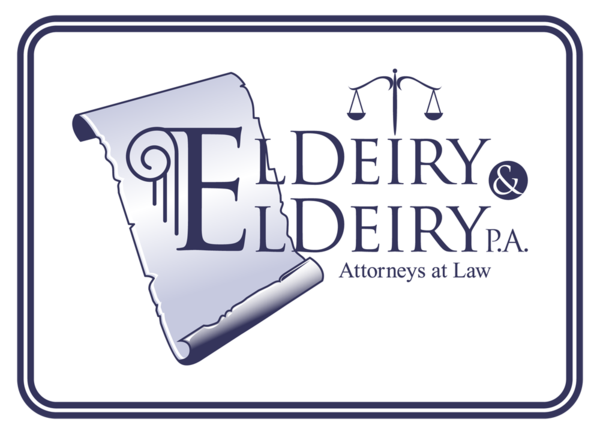
An important part of estate planning is naming a personal representative of your will. After you pass away, this is the person who will be legally responsible for making sure your financial matters are handled in accordance with your wishes as outlined in the will. Some of the personal representative’s duties include paying taxes and bills on behalf of your estate, passing ownership of your assets to your beneficiaries, representing your estate in court, and making sure your property is well-maintained during the interim between your death and the time when your loved ones can inherit what you left behind.
Most people choose a trusted and respected loved one — typically a family member or extremely close friend — to act as their personal representative. However, this isn’t always an option. Perhaps you’ve outlived your friends and never had any children. Perhaps your only child is struggling with alcoholism or mental illness and you do not trust him or her to handle such serious matters. These circumstances happen, and we want you to know it’s okay. There are alternatives!
Option #1: A Trust Company
Trust companies have a long history of administering estates. They know how to handle any complicated issues that may arise because they have an abundance of experience. It is also beneficial to choose a trust company rather than an individual person because you don’t have to worry about outliving the person you select.
Option #2: Your CPA
Do you work with a certified personal accountant? Many (though notably not all) CPAs are willing to act as your personal representative as an additional paid service. The benefits of choosing your CPA as your personal representative include that he or she is already familiar with your unique financial landscape and has a strong understanding of finance tools and conventions.
Option #3: Your Bank
Like a trust company, a bank has the benefit of being a collective rather than an individual. Banks have checks and balances in place to ensure that assets they hold on your behalf will not be mismanaged. Finally, banks are not emotionally involved and do not have any financial motivation to act unfavorably.
Which one is right for you?
If you have decided not to name a friend or family member your executor and are trying to decide which of these options is right for you, it is a good idea to talk to an experienced estate planning attorney. The ElDeiry & ElDeiry team is here to help you with this and all your other estate planning issues. Contact us today!
Eldeirylaw
Latest posts by Eldeirylaw (see all)
- Ways In Which A Will & A Revocable Trust Work Together - May 15, 2023






